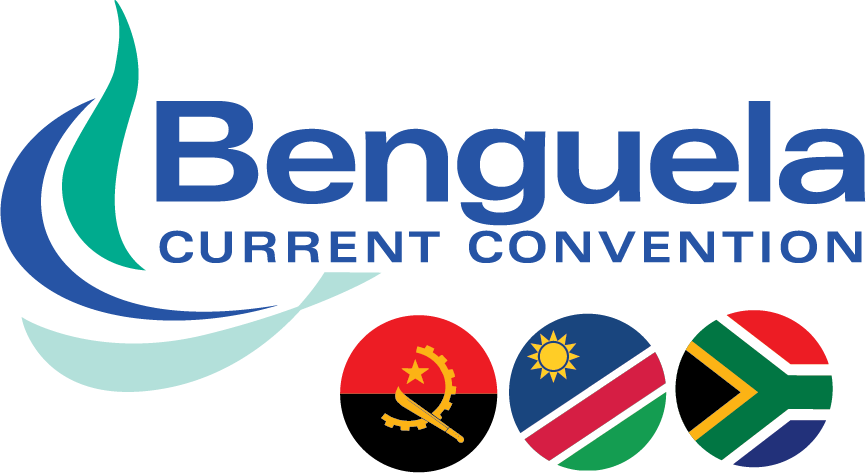The BCC Partners
The BCC is attracting funding and support from a wide range of organisations and institutions. Past and present partners include:
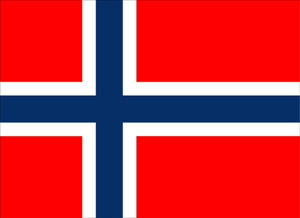
Between 2009 and 2014 the Government of Norway supported the implementation of the Benguela Current Convention’s Science Programme with a grant of USD 9.3 million. The Science Programme is designed to ensure the ongoing accumulation of information and data for improved transboundary management of the BCLME.
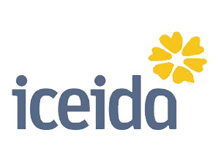
Icelandic International Development Agency
The Icelandic International Development Agency (ICEIDA) supported the implementation of a Training and Capacity Building (TCB) programme for the BCC. The agency provided a grant of USD 500 000 for the four-year programme between 2009 and 2013. The programme is focused on improving the skills and knowledge of managers, scientists and technical staff from national institutions in Angola, Namibia and South Africa, to enable the long-term conservation and sustainable utilisation of the BCLME.
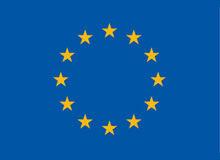
European Union
The European Union (EU) has provided a grant of 1.5 million Euros to fund the ECOFISH project from 2011 to 2015. ECOFISH is a joint research project coordinated by the Benguela Current Convention to modernise and improve the management of key marine fisheries in Angola, Namibia and South Africa.
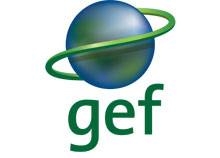
Global Environment Facility
The Global Environment Facility (GEF) unites 182 countries in partnership with international institutions, non-governmental organizations (NGOs), and the private sector to address global environmental issues while supporting national sustainable development initiatives. The GEF has supported international cooperation in the management of the BCLME since the early 1990s. The organisation is currently funding a five-year USD 4.7 million climate change project being implemented by the BCC in partnership with the Food and Agriculture Organisation (FAO) of the United Nations; and a USD 10.9 million project that is promoting policy, institutional and management forums in the BCLME.

United Nations Development Programme
The United Nations Development Programme (UNDP) was instrumental in the establishment of the BCC and has supported regional cooperation in the BCLME since the early 1990s.

German Corporation for International Cooperation
The Benguela Current Convention (BCC) and its member states (Angola, Namibia and South Africa), together with the German Corporation for International Cooperation (GIZ) GmbH, are implementing a project on capacity development for Marine Spatial Planning (MSP) and Ecologically or Biologically Significant Areas (EBSAs) in the Benguela Current Large Marine Ecosystem (BCLME), with funding from the German Federal Environment Ministry, through its International Climate Initiative.
The Benguela Current Marine Spatial Management and Governance Project (MARISMA) aims to support the development of marine spatial management plans in priority ocean areas at the national level and the elaboration of a regional framework for trans-national MSP. The project will support BCC member states in reviewing and enhancing/updating current EBSA descriptions and identifying additional areas in the region that would meet the EBSA criteria. The project furthermore seeks to assess the vulnerabilities of selected EBSAs for the development of possible management measures necessary to sustain and conserve their ecological and biological significance.

Food and Agriculture Organisation
The Food and Agriculture Organisation (FAO) of the United Nations is supporting the BCC through its involvement in transboundary fisheries surveys and the implementation of an ecosystem approach to fisheries (EAF) in the region.

EAF-Nansen Programme
The EAF-Nansen programme supports developing countries in their efforts to implement the ecosystem approach to fisheries. It is a partnership between the Norwegian Agency for Development Cooperation (NORAD), the Norwegian Institute of Marine Research (IMR) and the Food and Agriculture Organization of the United Nations (FAO). Project partners are the government institutions in the participating countries, the Large Marine Ecosystem projects in sub-Saharan Africa and other regional projects and programmes.
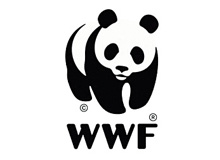
World Wide Fund for Nature
The global conservation organisation, World Wide Fund (WWF), is partnering with the BCC to promote the ecosystem approach to fisheries (EAF) in the Benguela region. The partnership is focused on establishing baselines for tracking EAF in Angola, Namibia and South Africa, and mobilising the human dimension of EAF. WWF’s highly successful Responsible Fisheries Training programme is being rolled out in Namibia through a collaboration between the BCC and the Namibian Fisheries Institute (NAMFI).
